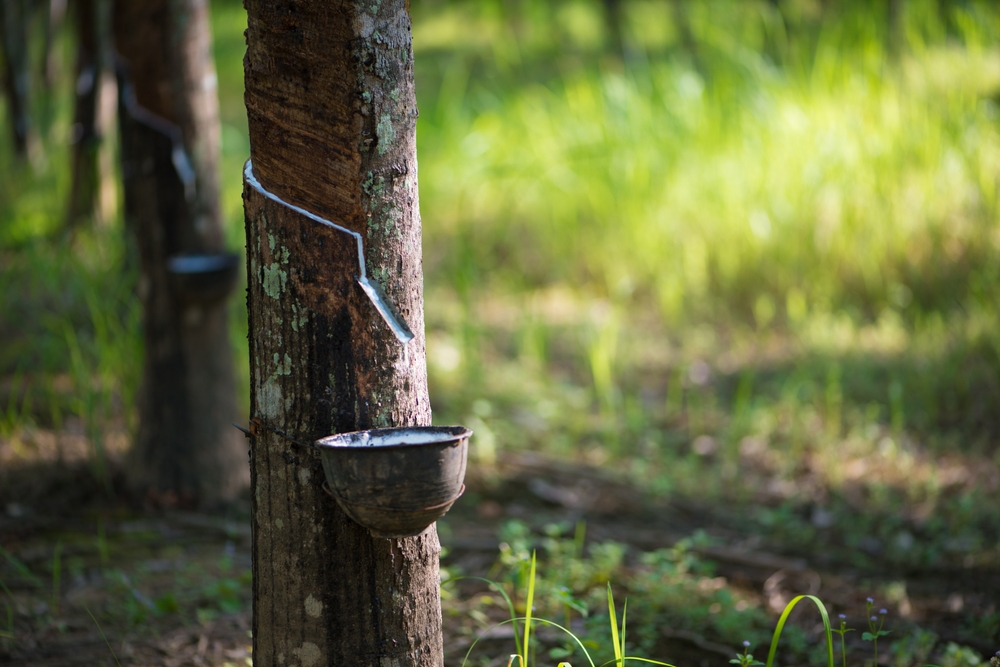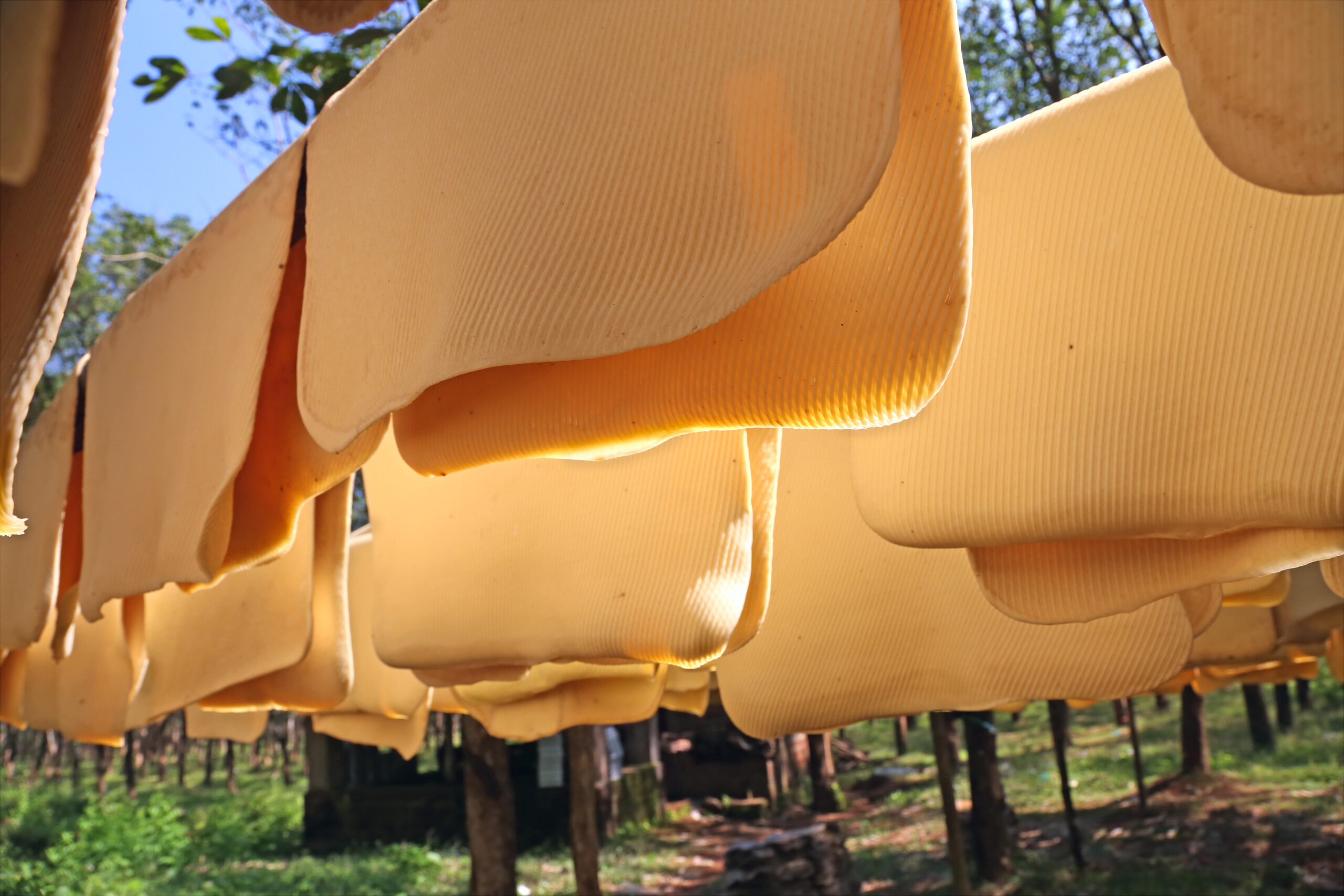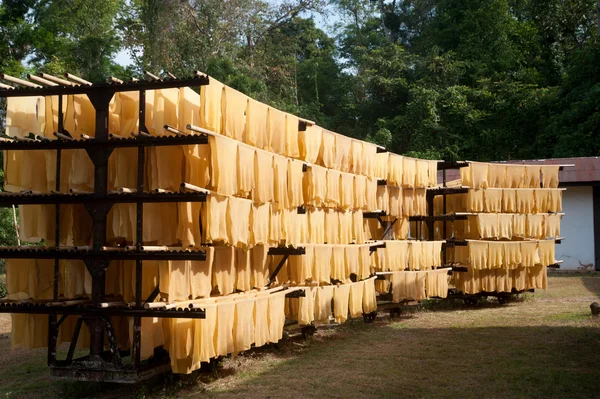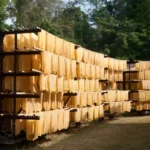Natural rubber is one of the most vital raw materials for industries worldwide, and Thailand sits at the very heart of this global supply chain. For decades, the country has been recognized as the world’s largest producer and exporter of natural rubber, serving industries from automotive to construction with high-quality, eco-friendly materials.
Thailand’s Rubber Advantage
The success of Thailand’s rubber industry isn’t accidental. It’s built on:
Ideal Climate and Geography – The warm, humid conditions of southern Thailand create the perfect environment for rubber trees to thrive.
Skilled Farming Communities – Generations of farmers have refined the art of latex tapping and sustainable cultivation, ensuring consistent supply.
Government and Industry Support – Policies and research investments have strengthened the sector, making Thai rubber competitive in both quality and price.

Global Demand for Thai Rubber
Thailand exports millions of tons of natural rubber every year, with major buyers including China, the United States, Japan, and Europe. Industries rely on Thai rubber for:
Automotive tires – where durability and grip are critical.
Medical supplies – gloves, tubing, and equipment that demand precision and safety.
Construction and manufacturing – adhesives, belts, hoses, and vibration control products.
This global reliance highlights why Thailand’s role in the rubber market is unmatched.
Sustainability at the Core
As demand grows, so does the responsibility to produce rubber sustainably. Thailand has made significant progress in:
Promoting eco-friendly plantations with reduced chemical use.
Encouraging reforestation and biodiversity protection alongside rubber farms.
Supporting fair-trade practices that improve farmer livelihoods.
Companies like Green Natural Rubber are part of this movement, ensuring that buyers not only receive high-quality products but also contribute to responsible sourcing.

The Future of Thai Natural Rubber
Looking ahead, Thailand is expected to strengthen its dominance through:
Advanced processing technologies that improve product consistency.
Integration with green industries, especially electric vehicles that require sustainable, high-performance materials.
Diversification of applications, from medical devices to renewable energy solutions.
Thailand’s leadership in natural rubber isn’t just about volume—it’s about quality, innovation, and sustainability. For global industries seeking reliability, Thailand remains the number one source.





